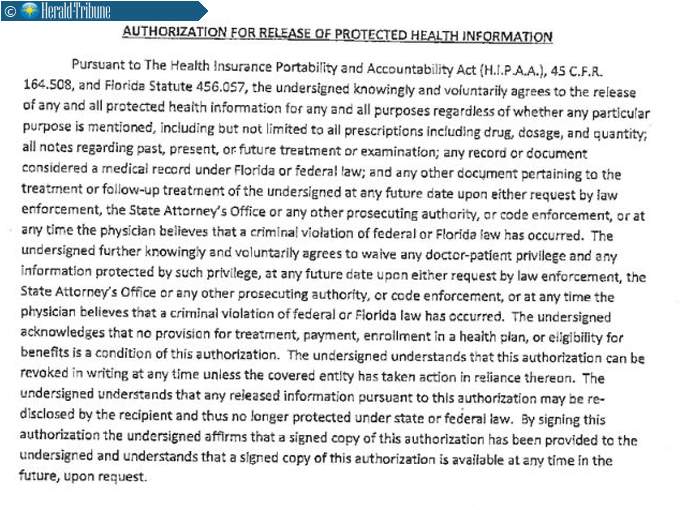Usually, when I write about legal outsourcing, I’m writing about outsourcing your marketing, and therefore your ethics.
Not today. Today is about outsourcing your actual legal work, an issue brought home by a recent decision regarding the use of a per diem attorney in court. Note that I don’t mean sending the work overseas for any kind of document reviews, but hiring another lawyer to make a court appearance, this being the real nuts and bolts of much that happens in litigation.
This isn’t about the ethics of using a per diem — generally someone hired to cover a conference or deposition when the attorney has a scheduling conflict — if you want to read about the ethics of it, you can turn to this piece of Lisa Solomon.
No, the problem here is in the actual execution of the task, for if that contract attorney gives away the farm at a conference, it can’t simply be undone.
This problem came into sharp focus in Staten Island last month, while the legal profession was on vacation, in Kane v. City of New York. In Kane, the plaintiff says he was injured when he was assaulted by New York City police officers and then falsely arrested and imprisoned.
The case proceeded normally with a Preliminary Conference that lays out a discovery schedule and then depositions. At the plaintiff’s deposition, his lawyer blocked questions regarding prior arrests. As a general rule of thumb, only convictions are material, not arrests, which are merely accusations. Most defense lawyers wouldn’t even bother asking that question about prior arrests. But this was a false arrest case, and the City might conceivably try to get information on how personally familiar the plaintiff is with being arrested. I don’t think that’s a winning argument, but that is what was obviously being claimed as an excuse to get this information.
Then came the problem. The lawyer had a scheduling conflict and hired a per diem to handle the next conference. The attorney of record, knowing the sensitivity of the case, gave directions to the per diem. But the per diem dropped the ball. S/he then gave the case to another lawyer because s/he was too busy with other conferences that day. The specific directions regarding this case got lost in translation. The new order was not good for the plaintiff. As per the decision by Justice Thomas P. Aliotta:
On September 13, 2011, a stipulation regarding discovery was entered into at a court conference (“the Stipulation”). This document provided, in relevant part, that the examination before trial of defendants would be held on November 4, 2011; that plaintiff was to provide information about his entire arrest history (including authorizations for the unsealing of records) and NYSID number within 45 days; that he would further provide HIPAA compliant authorizations for any mental health treatment he may have received; and that defendants’ right to conduct a further examination before trial of plaintiff was reserved.
Oops. Plaintiff’s lawyer tried to valiantly undo this mess. He had done nothing wrong, having assigned the case to someone he trusted, but that someone breached the trust by taking too much work and passing the case to another.
In the attempt to untangle this, plaintiff’s counsel moved to vacate the stipulation, and argued that he hadn’t hired that second per diem and that person had no authority to act for his client. As per the court:
Plaintiff contends that the Stipulation should be vacated because the attorney who entered into it, ostensibly on his behalf, had no authority to do so and, further, agreed to provide certain items of discovery in violation of plaintiff’s rights. Specifically, plaintiff contends that his attorney of record was in a different court on the day that the Stipulation was executed, that the attorney of record had made arrangements with a specific per diem attorney to appear at the conference on his behalf; that this per diem attorney was apparently covering cases in more than one Part of the Richmond County Supreme Court on that date; and that she requested a different attorney to appear on her behalf for the conference in this matter. Plaintiff’s attorney of record claims that while he had authorized the first per diem attorney to appear for his client, he had no knowledge of the attorney who actually appeared, and had not given him the authority to do so.
The Court was not kind to plaintiff, discussing the preferences the courts have to having matters decided by stipulation, and the requirement that only those with authority regarding the case make appearances. The court wrote:
In view of the rigorous demands of present-day practice, this Court clearly cannot afford to take the time to inquire of every attorney appearing before it whether or not he or she possesses the requisite authority to enter into negotiations or binding agreements regarding any of the issues in controversy, and must rely on counsel’s compliance with the published rules of the Court.
Personally, I think the per diem that gave the case away should have fallen on his/her sword and put in an affidavit about doing something s/he wasn’t authorized to do. But that didn’t happen.
It may turn out that the plaintiff isn’t ultimately harmed by what occurred, for as Justice Aliotta pointed out, that which is discoverable during litigation is not necessarily admissible at trial. But it moves the ball one step closer for the defendant, and now comes down to trial rulings as the jury sits in the box one day. And that is not where the plaintiff wants to be.


